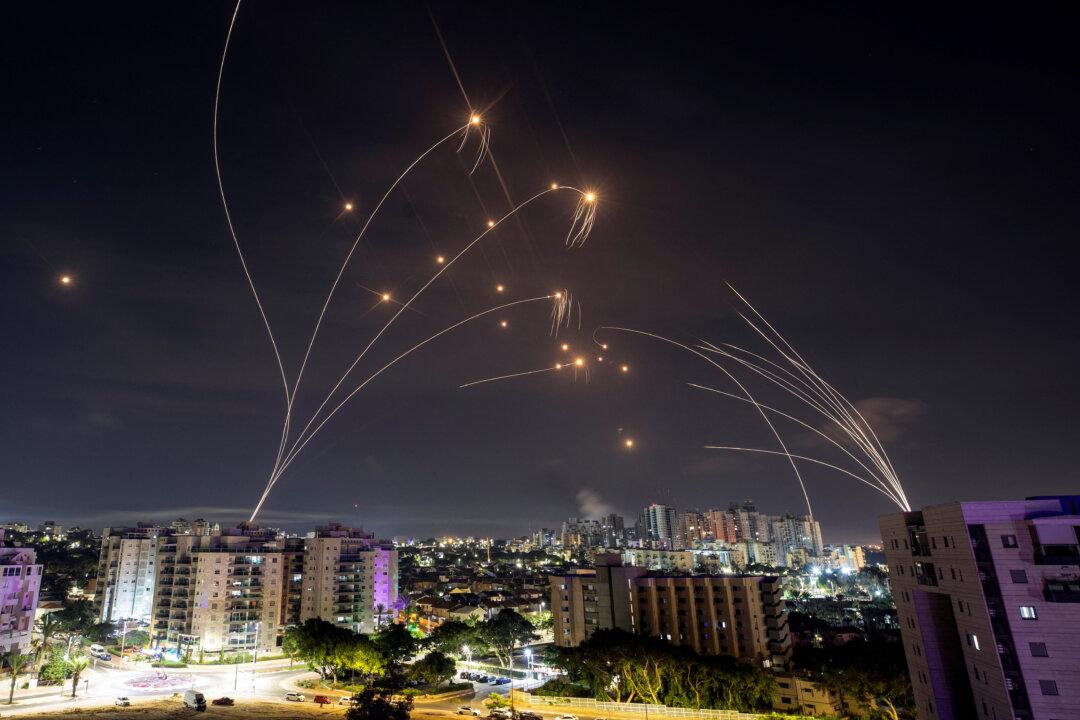Israel is officially at war after a surprise attack by Hamas this weekend.
Israel has, since its creation by a United Nations declaration in 1947 and declaration of statehood in 1948, faced constant tension and conflict with its Arab neighbors on all sides, going to war with one or all bordering nations on several occasions.





